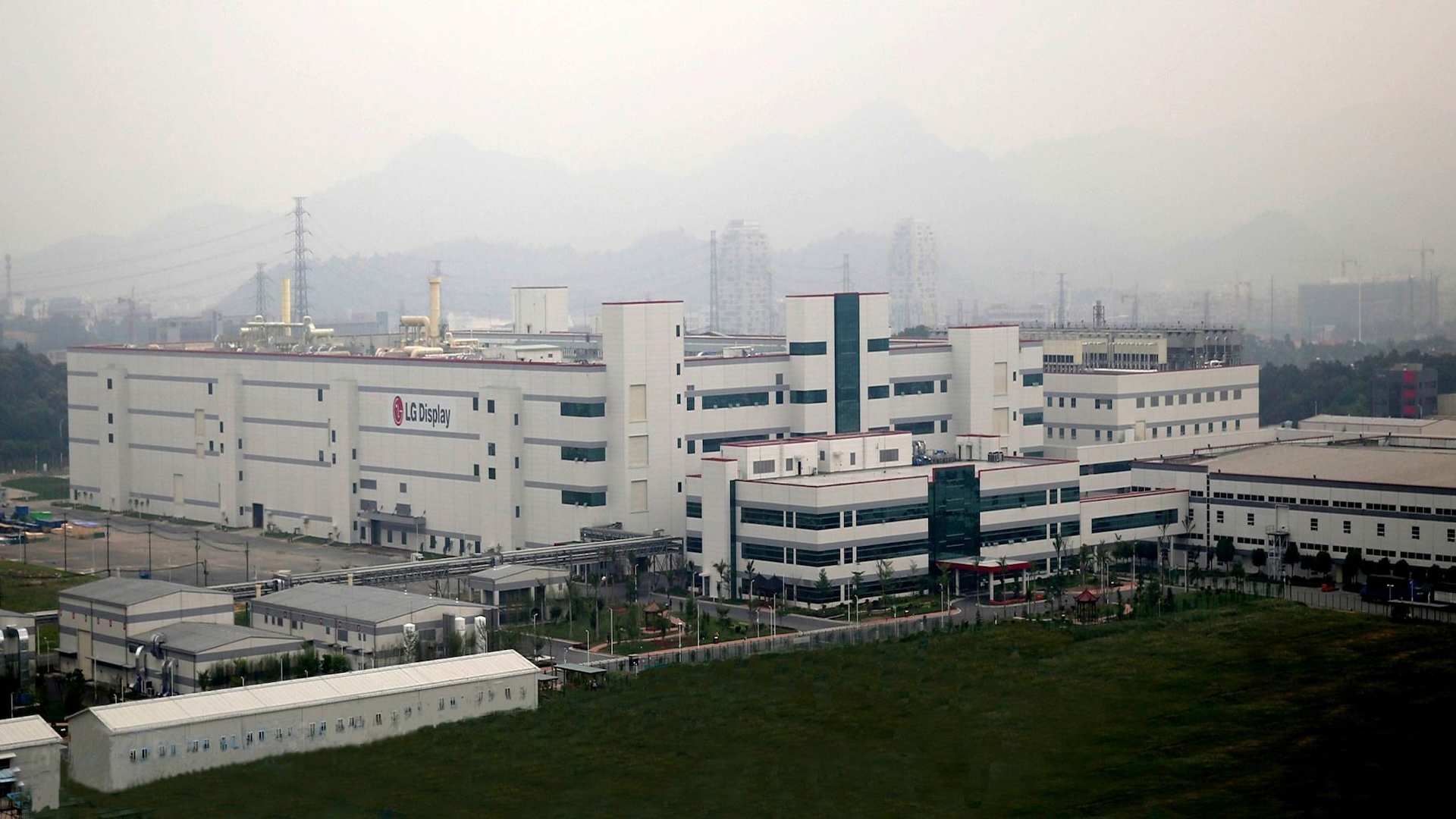LG Display looks to sell off its last LCD plant in China as it pivots to more profitable OLED panels
First it was Samsung selling off its LCD production lines, now it could be LG Display

Get Tom's Hardware's best news and in-depth reviews, straight to your inbox.
You are now subscribed
Your newsletter sign-up was successful
LG Display is in talks to leave the LCD business to focus on OLED production, the Korea Herald reports. The display maker is reviewing options to sell its LCD assets, including manufacturing facilities in Guangzhou, China.
LG Display and Samsung were once the dominating players in the LCD panel market, but both Korean companies have been focusing on the more advanced (and presumably profitable) OLED market in recent years.
Intense competition with Chinese LCD panel manufacturers has led companies from other countries to shift to the more advanced OLED panel. In 2021, Samsung sold its LCD panel manufacturing plant in Suzhou, China, to TCL for $1.08 billion.
For its part, LG Display stopped producing LCD panels in Korea in 2022. The company is said to be continuing to take measures to reorganize and optimize its business portfolio, and closing its less profitable LCD production facilities could help with that.
Korean companies maintain a strong competitive edge in the OLED market, accounting for 74.2% of the global OLED sales in 2023, according to the Korea Display Industry Association.
Focusing just on large-size OLED panels, such as for televisions, Korean firms took 96.1% of the global sales for 2023.
In March, LG Display disclosed that it was exploring what to do with its LCD facilities in Guangzhou and other locations.
“We are currently reviewing various options on the strategic use of our LCD asset, including the manufacturing plant in Guangzhou, but nothing has been decided yet,” the company stated in its filing.
Several potential buyers have surfaced for LG Display’s LCD facilities. These include China’s largest display maker, BOE Technology, and COST, the display division of Chinese home appliance manufacturer TCL Technology.
Industry sources say LG is discussing the issue with the Ministry of Trade, Industry and Energy in Korea. A valuable display plant, even one that may not be as profitable as LG Display’s OLED production facilities, is considered one of Korea’s strategic assets. Therefore, any sales of the LCD panel plants have to be approved by the Korean government first.
Get Tom's Hardware's best news and in-depth reviews, straight to your inbox.

Jeff Butts has been covering tech news for more than a decade, and his IT experience predates the internet. Yes, he remembers when 9600 baud was “fast.” He especially enjoys covering DIY and Maker topics, along with anything on the bleeding edge of technology.
-
Alvar "Miles" Udell OLED is a product which naturally self-destructs as it's used, especially when used in computer displays and other majority static image cases, so of course it's more profitable than an LCD panel which has matured to the point where its lifespan is no longer measured.Reply -
8086 Reply
Nailed it.Alvar Miles Udell said:OLED is a product which naturally self-destructs as it's used, especially when used in computer displays and other majority static image cases, so of course it's more profitable than an LCD panel which has matured to the point where its lifespan is no longer measured.
MicroLED for the win. -
LabRat 891 ReplyAlvar Miles Udell said:OLED is a product which naturally self-destructs as it's used, especially when used in computer displays and other majority static image cases, so of course it's more profitable than an LCD panel which has matured to the point where its lifespan is no longer measured.
8086 said:Nailed it.
MicroLED for the win.
This all reminds me of the PDP era, too much... -
Alvar "Miles" Udell Plasma screens consumed huge amounts of power and burned in or burned out. LCDs cut the power and fairly quickly reached high durability levels, especially after the switch to LED backlightning from CCFL. OLEDs now consume high levels of power and burn themselves out, and are prone to burn in from static images in a relatively quick period of time, with manufacturers not willing to guarantee the panel will remain defect free after a year for most models while the more advanced ones only get a 5 year warranty.Reply